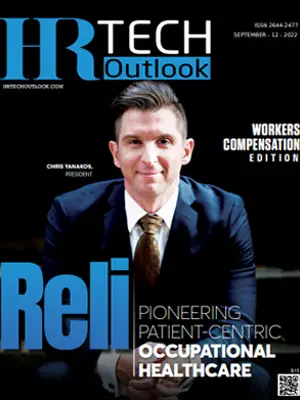Workers’ compensation insurance ensures medical and wage benefits for people who face workplace injuries. Every state across the U.S. has set strict guidelines and regulations around workers’ compensation. Organizations’ inability to follow those might invite serious financial repercussions and lawsuits. They can even lose the right to run their business in a particular state. Fortunately, modern businesses recognize the need for a streamlined workers’ compensation plan. However, the biggest challenge for them is to keep track of the ever-evolving regulations around workers’ compensation.
Most important, the entire workers’ compensation industry is undergoing a rapid shift as we are moving toward a world that is encouraging gig work. Mental health is also soon becoming a crucial factor in this industry. Many studies reveal that work-related physical injuries disturb the mental health of employees, which plays a vital role in slowing down the recovery process and delaying workers’ return to work.
Cybersecurity is also becoming a key area of focus when it comes to the workers’ compensation industry—the more the abundance of sensitive information, the more the risk of cyber threats. Laws mandate insurance companies to strictly focus on securing the sensitive information of workers, driving them to implement cutting-edge technology solutions.
Undoubtedly, the workers’ compensation industry is undergoing rapid changes, and in the coming years, the speed of change will accelerate. In this edition, our goal is to provide readers with a comprehensive picture of the evolving workers’ compensation space and the developments happening in this field.



















